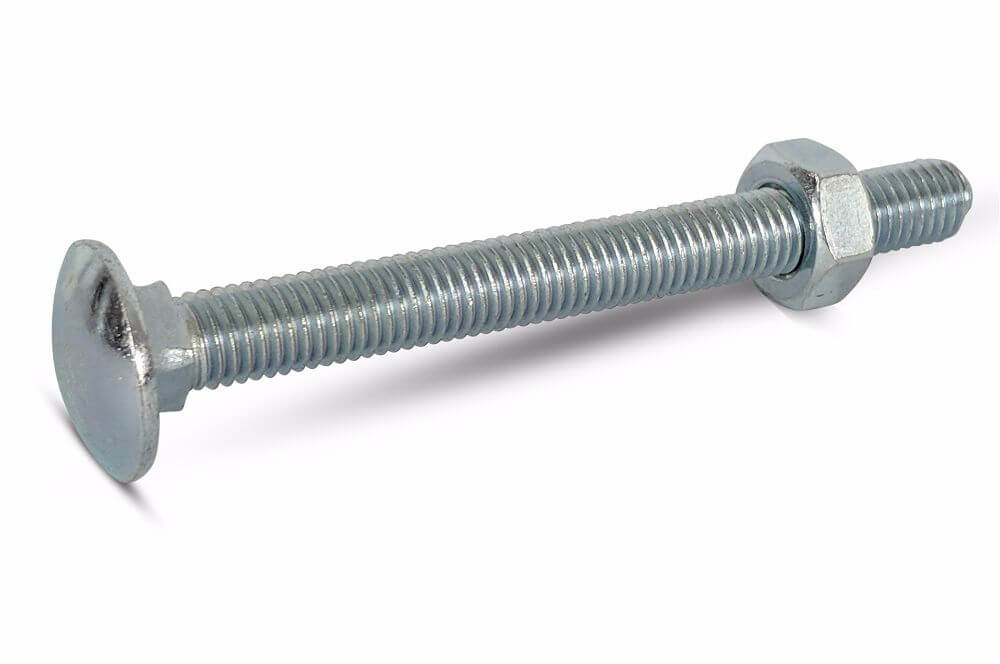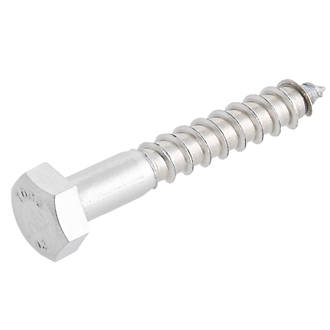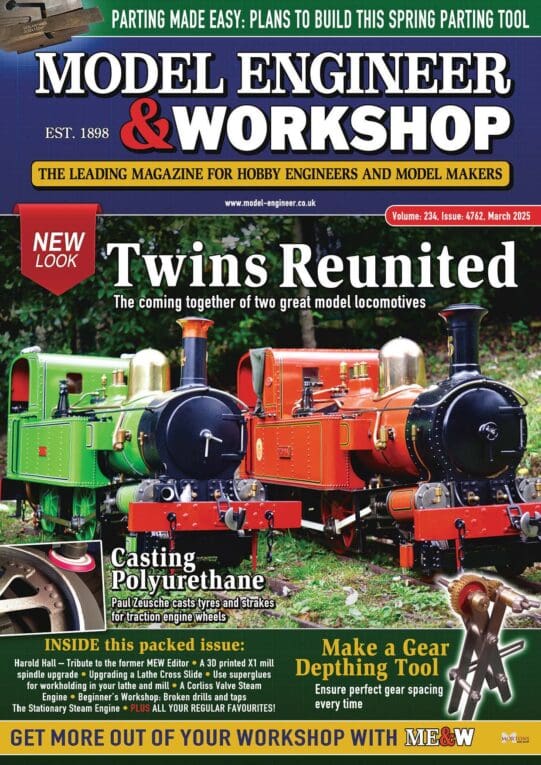Posted by Mick B1 on 27/08/2021 14:59:26:
In the colloquial-speak I'm used to, anything with a round head – machine or wood thread, domed, cheese, flat, c/sk or cap, and slotted,Phillips, Pozi, hex socket, torq or other drive – is a screw.
Anything with a hex head is a bolt, however high or low up the shank the thread goes.
I'm not saying this is right, just that it's common parlance. I've seen enough variations – such as setscrew/grubscrew conflation as above – to think that the only way to be certain to get the right screw is to
- buy from shops, where you can check any important features such as threaded length;
- from suppliers who specify their wares exhaustively;
- or make 'em yerself.

Well, for a start, I differentiate between cap-screws and cap-head bolts. The bolts have a plain section of shank. Screws are made to be screwed all the way in and secure the part on the head – that can be a hex or round. Cap heads are particularly useful when counter-bored below the surface. Bolts are generally tightened with a nut, or threaded into a different member to that which is being secured by the bolt.
I specify dependent on the situation in which the fixings are to be used. There are often alternatives, but also some specific fixings (coach head bolts are one example that are never going to be screwed in!) for some applications.
I don’t think I have ever seen a coach bolt/screw threaded completely to the head.
In summary, all is not simple when specifying a fixing. There are always going to be exceptions to the basic ‘rules’. Some bolts even have square heads, after all.🙂
peter smith 5.







